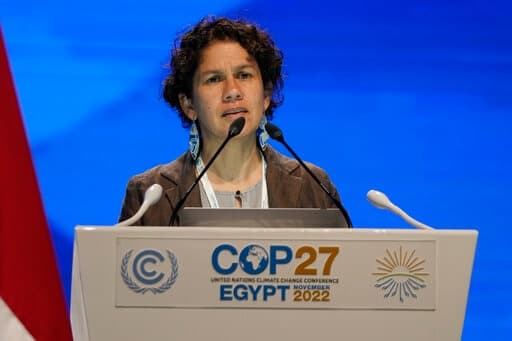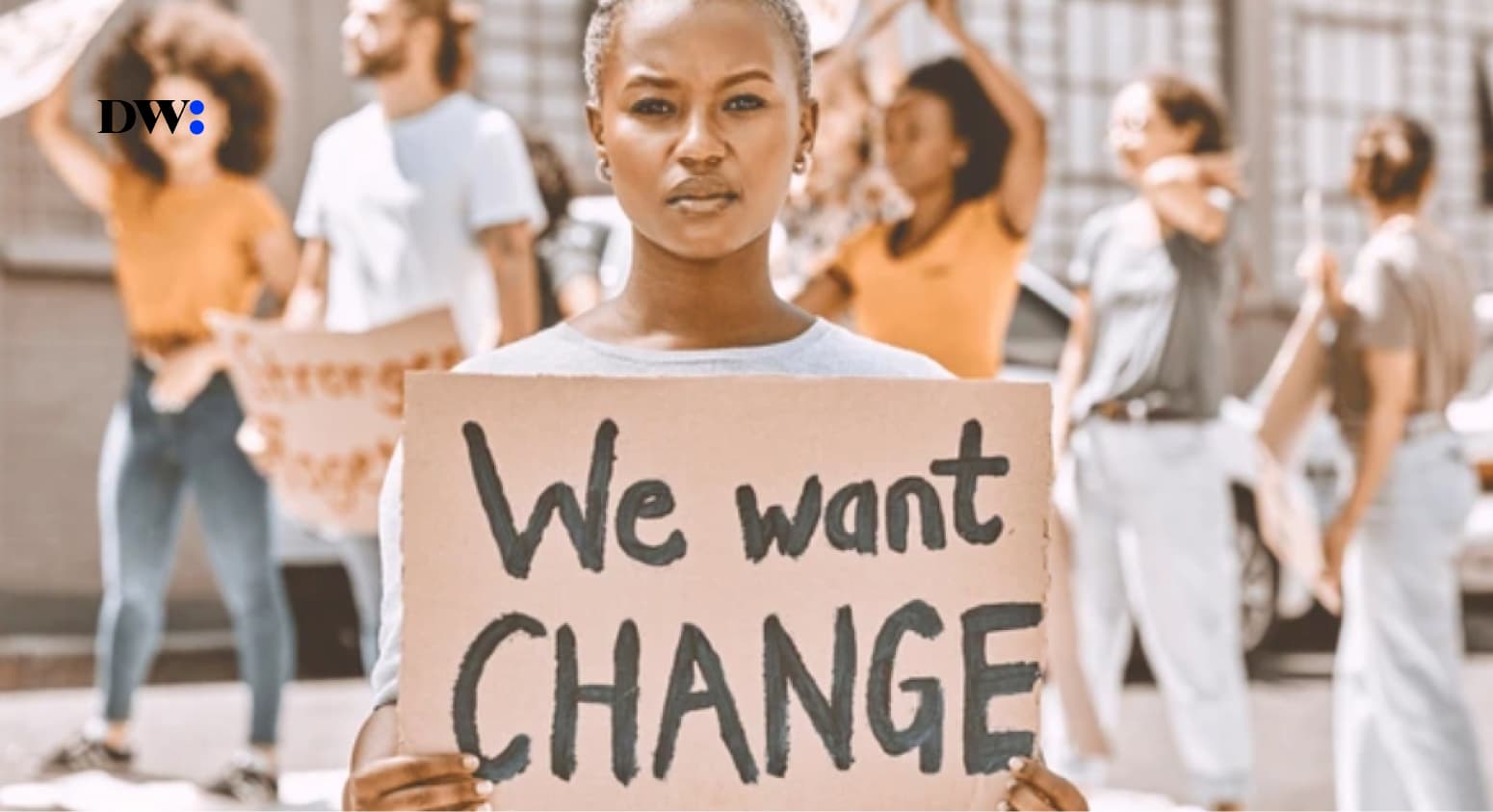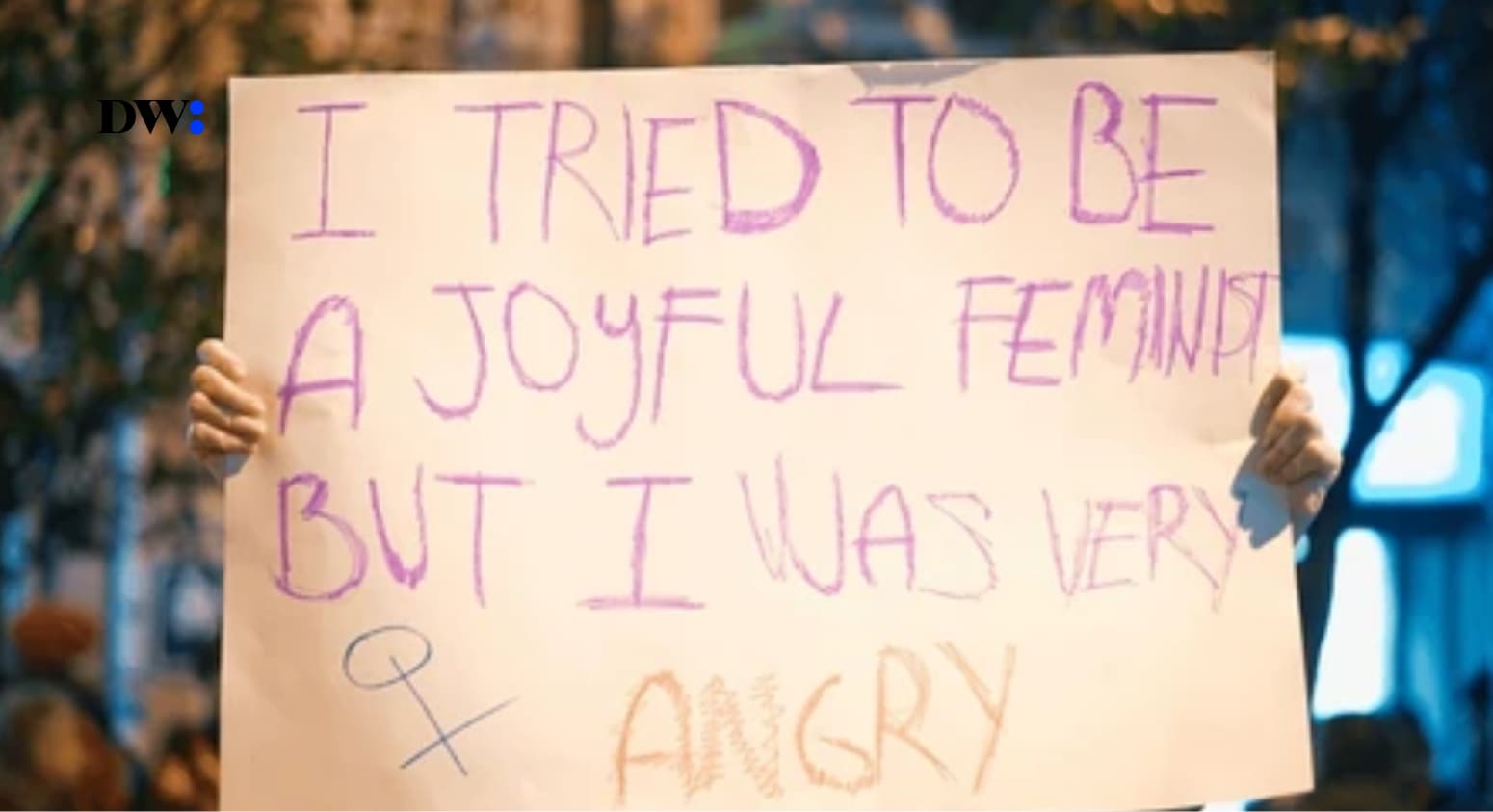After 30 years, women led the agenda on global warming’s thorniest diplomatic matter—reparations for climate disasters.
Men often outrank women negotiators in climate talks, but this year, president Abdel Fatah Al Sisi said during his speech at the opening of Gender Thematic Day on Monday:
“It is worth mentioning that the Egyptian Government, within its constant efforts to promote the rights of women and their empowerment in various fields, including in the area of dealing with the repercussions of climate change, was keen on having women play a leading role in a number of pivotal and important aspects and agendas for this conference, as part of the preparatory process for its convening. Taking into account the strong representation of women in the Egyptian COP27 Presidency’s team.”
Officials and experts agree that the problem of “loss and damage in international negotiations” will determine the success or failure of this year’s United Nations climate conference in Egypt.
While almost all of the key players are women, they and others believe that a more balanced gender representation might improve outcomes.
“I think what we need at this crucial time is empathy … We need to think about our world in the sense of taking care of our world,” said Chilean Environment Minister Maisa Rojas. “Maybe culturally, historically, they are seen as feminine values.”
For the first time in 27 climate conferences, the subject of loss and damage was on the table thanks to a last-minute compromise negotiated by climate scientist Rojas and Germany’s special climate ambassador Jennifer Morgan.
Finally, women led the charge. A senior United Nations official has even suggested that this gives cause for optimism.
In an interview with The Associated Press, Inger Andersen, director of the United Nations Environment Programme, stated, “At times, at least in negotiations, women find a pathway forward where maybe high testosterone does not yield itself well to that.”
According to the Dominican Republic’s Vice Minister of International Cooperation, Milagros De Camps, women naturally produce superior outcomes.
De Camps argued that “women tend to be better at conflict resolution,” which explains why women-led teams do better overall.
“They tend to be better in terms of reaching agreements, better in developing stricter policies that tend to be more sustainable,” De Camps said.
Most of the world’s leaders who spoke during the first week were men, including the summit’s president, the UN climate chief, the UN secretary-general, and the top climate envoys for the United States, China, and India.
United Nations climate head Christiana Figueres said that, although any generalization has exceptions, women tend to be more long-term thinkers, more inclusive, and more concerned with justice than men. She was a driving force behind the 2015 Paris deal.
“We have a deeper sense of human justice and this is very much a justice issue,” Figueres said in a Zoom interview Wednesday. “So I’m not surprised that it is women who are taking the lead on both the political negotiations as well as the thought leadership on loss and damages.”
“Women are on the cutting edge of the climate crisis,” said German special climate envoy Morgan, a veteran of negotiations as an environmental advocate and former head of Greenpeace. “We understand how we need to work together with others to find a solution. Especially the most vulnerable.”
According to Preety Bhandari, a senior consultant on climate financing at the World Resources Institute, “it’s not about egos, it’s about finding the solution” for women.
Both Scottish First Minister Nicola Sturgeon and Barbados Prime Minister Mia Mottley “have been fearless” in their pursuit of a compensation system, according to Bhandari. Sturgeon’s Bridgetown Initiative includes reform of international development banks.
Vanessa Nakate and Greta Thunberg are just two of the many young female campaigners who have pushed negotiators to take action by publicly criticizing their lack of progress.
According to Katharine Hayhoe, head scientist at The Nature Conservancy, “(Legislatures) throughout the globe that have more women, have stronger climate action.” It was the subject of a research.
At last year’s conference in Glasgow, women made up 37 per cent of country delegates and 26% of delegation leaders, according to a United Nations study. However, among those younger than 26, 64 per cent were women. People between the ages of 26 and 35 were almost evenly split between the sexes.
Maldives Environmentalist, Aminauth Shauna, said that at the outset, when all the heads of state met for pictures—called the family photo— she noticed that they were almost all male. Women and young people, like the majority of her delegation, made up the majority of the individuals really performing the job, she noted.





